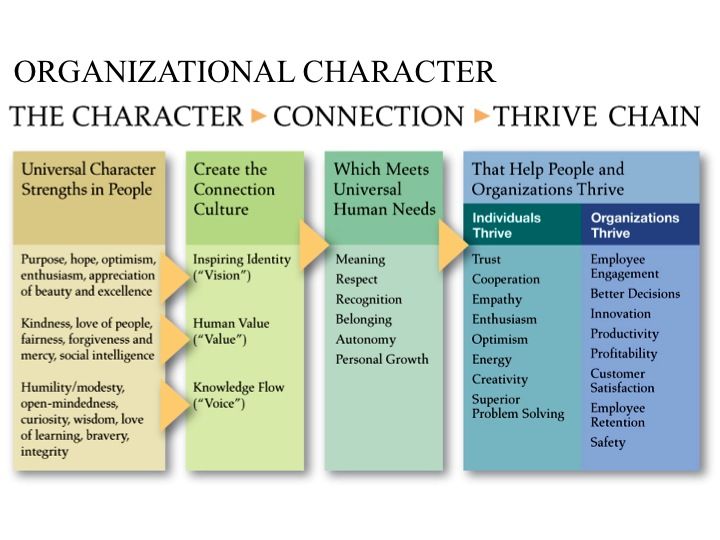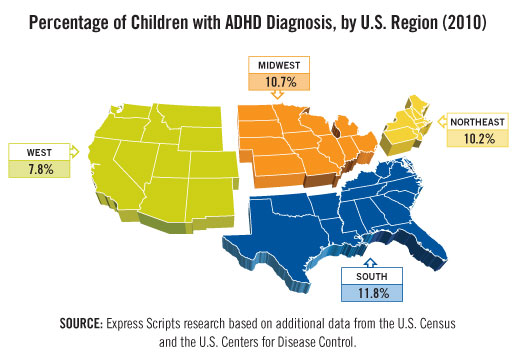Rigidity in psychology
Why It Presents and the Benefits of Being Psychologically Flexible – Erin Doyle Theodorou, M.Ed, LPC, NCC
by Erin Doyle Theodorou, posted in counseling, psychology, self-help
If I asked you to think of the word “flexible” what comes to mind? Are you touching your toes? Doing a split? In a yoga class doing downward dog? More than likely you are thinking of examples of PHYSICAL flexibility. Most people know the importance of becoming and remaining physically flexible. But surprisingly very few individuals understand the importance of working on their psychological flexibility. Psychological
flexibility is the cornerstone to healthy, stable living. Any extreme form of thinking or behaving is a big red flag of a deeper issue to mental health professionals. Psychological rigidity is a growing problem in our society and tends to present in people who have personality disorders (or traits thereof). In counseling, rigidity refers to an obstinate inability to yield or a refusal to appreciate another person’s viewpoint or emotions characterized by a lack of empathy. If you cannot empathize or relate to another person’s point of view this may be something to speak with a professional counselor about as empathy is the cornerstone of healthy interpersonal relationships. Lack of empathy is HUGE red flag that presents when diagnosing personality disorders. Another tell-tale sign of a personality disorder is the tendency to perseverate, which is the inability to change habits and the inability to modify concepts and attitudes once developed. These personality types are rigid, stubborn people. They can talk about something over and over sometimes for YEARS on end. You may be in their company and find them talking about the same person OR same issue ad nauseam. In assessing clients for different psychological disorders, polarized thinking and behavior are two ways therapists can uncover a client’s true self, which oftentimes a client is strongly inclined to hide.

These personality disorders have traits that any well-trained therapists can pick up on right away even if the client is working hard to put on a facade and fool the clinician. These people give themselves away to knowing therapists, however, precisely because their behavior is so polarized – characterized by a combination of extremeness and inflexibility. They act as if they absolutely must act a certain way all the time even when external circumstances would seem to require a something entirely different.
Being flexible is important in maintaining relationships. People change, circumstances change, life is fluid. People move, get married, have kids, change careers, get sick, retire,pass away. Life is constantly requiring us to adapt. Psychologically rigid people resist change at the expense of their relationships and well-being. Being psychologically flexible is important within the context of strong, enduring relationships, but is also important for healthy functioning.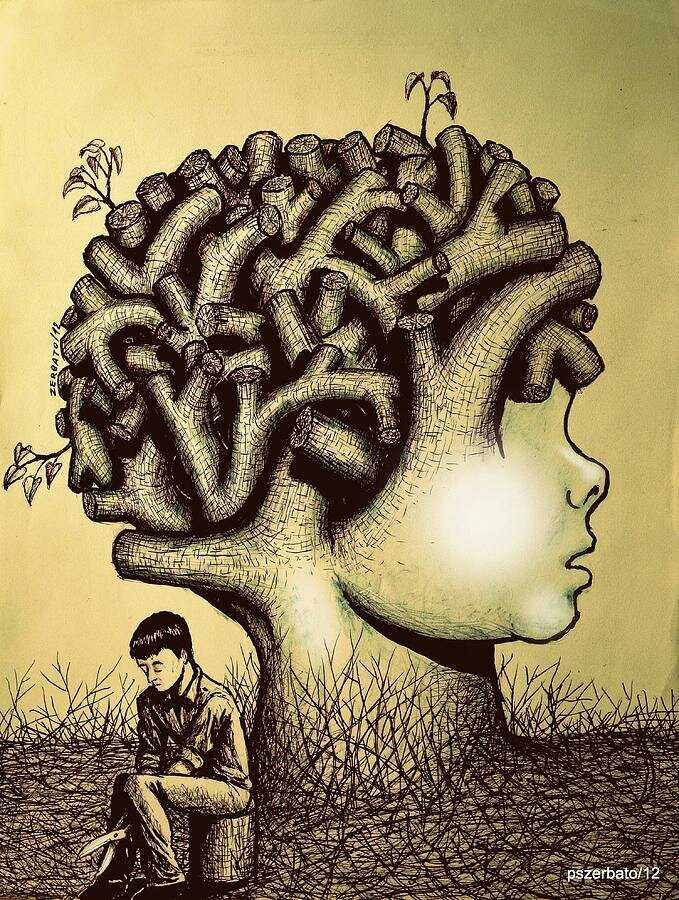 If you want to be in a long-term relationship or marriage, balancing the wants and needs of a partner along with one’s own interests requires compromise and the ability to adapt; both of which require flexibility. When conflict occurs, the level of flexibility that exists between a couple is tested. People with personality disorders are hard to maintain friendships or family relations with let alone romantic relationships. Oftentimes the only way a personality disordered person can maintain a romantic relationship is to be with another disordered individual. Personality disorders exist when these traits become so pronounced, rigid, and maladaptive that they impair work and/or interpersonal functioning. In seeing how people react to stress and conflict, one can see a personality disorder come out in its extreme form. The mask tends to totally drop and a person’s true character shines through. People with personality disorders tend to escalate rather than deescalate conflicts. Voices are raised, curse words are spoken, insults are thrown, and any sense of civility falls by the wayside.
If you want to be in a long-term relationship or marriage, balancing the wants and needs of a partner along with one’s own interests requires compromise and the ability to adapt; both of which require flexibility. When conflict occurs, the level of flexibility that exists between a couple is tested. People with personality disorders are hard to maintain friendships or family relations with let alone romantic relationships. Oftentimes the only way a personality disordered person can maintain a romantic relationship is to be with another disordered individual. Personality disorders exist when these traits become so pronounced, rigid, and maladaptive that they impair work and/or interpersonal functioning. In seeing how people react to stress and conflict, one can see a personality disorder come out in its extreme form. The mask tends to totally drop and a person’s true character shines through. People with personality disorders tend to escalate rather than deescalate conflicts. Voices are raised, curse words are spoken, insults are thrown, and any sense of civility falls by the wayside.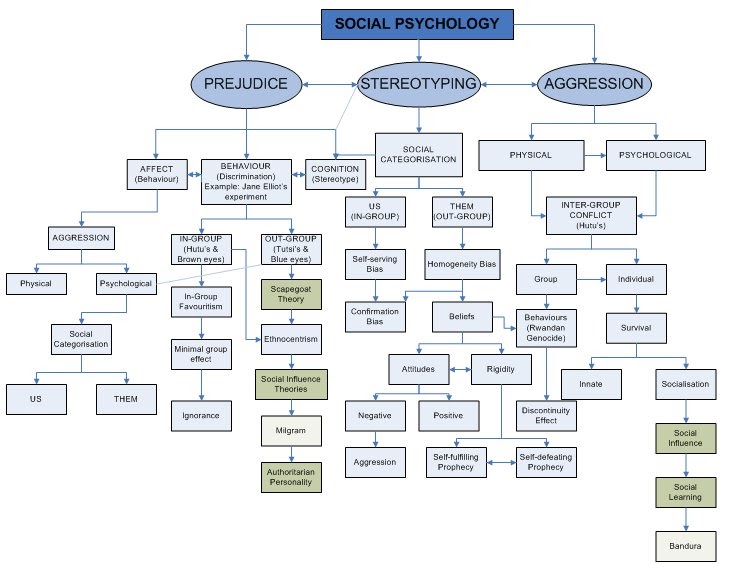 A person with a personality disorder causes extreme distress for those people around them—they refuse to bend, refuse to be reasoned with, refuse to budge an inch. These people have difficulty knowing the boundaries between themselves and others. Healthy personalities are flexible enough to account for these differences and respond accordingly. People with personality disorders refuse to adapt. If they are told not to do something, they will do something again just to make a point. These are very child like individuals. They will fight to the point of self-destruction. Personality disordered individuals attempt to navigate the world with a rigid, inflexible approach.
A person with a personality disorder causes extreme distress for those people around them—they refuse to bend, refuse to be reasoned with, refuse to budge an inch. These people have difficulty knowing the boundaries between themselves and others. Healthy personalities are flexible enough to account for these differences and respond accordingly. People with personality disorders refuse to adapt. If they are told not to do something, they will do something again just to make a point. These are very child like individuals. They will fight to the point of self-destruction. Personality disordered individuals attempt to navigate the world with a rigid, inflexible approach.
There approach is considered maladaptive because it leads to distress, dissatisfaction, and failure. These unfortunate folks frequently experience stormy relationships and repeatedly find themselves in situations that lead to their unhappiness and lack of success.
Of course, we ALL have our issues, conflicts, and adversities that may cause us to be dissatisfied and upset. We don’t behave well all the time. Sometimes we annoy other people. We may be hurtful in a heated moment. But for many of us, this is an anomaly not our pattern of behavior. Perhaps you may be reading the traits of the aforementioned personality disorders and thinking yikes this sounds like ME. Don’t worry–in the perfect storm with an extremely difficult, toxic person we can all BE rigid and inflexible in defending yourself from their wrath. For personality disordered individuals this a pattern of behavior across the lifespan.
We don’t behave well all the time. Sometimes we annoy other people. We may be hurtful in a heated moment. But for many of us, this is an anomaly not our pattern of behavior. Perhaps you may be reading the traits of the aforementioned personality disorders and thinking yikes this sounds like ME. Don’t worry–in the perfect storm with an extremely difficult, toxic person we can all BE rigid and inflexible in defending yourself from their wrath. For personality disordered individuals this a pattern of behavior across the lifespan.
In other words, some storms are inevitable and some detours are difficult to resist for ALL of us. However, in diagnosing a personality disorder, we are looking at the overall behavior of a person. A healthy person will disengage from unhealthy relationships while a person with a personality disorder will want to scream, yell, and fight it out until they are the last man (or woman) standing.
People who have personality disorders can express a wide range of emotions and behaviors that are considered detrimental to relationships, causing friends and family to withdraw from the individual.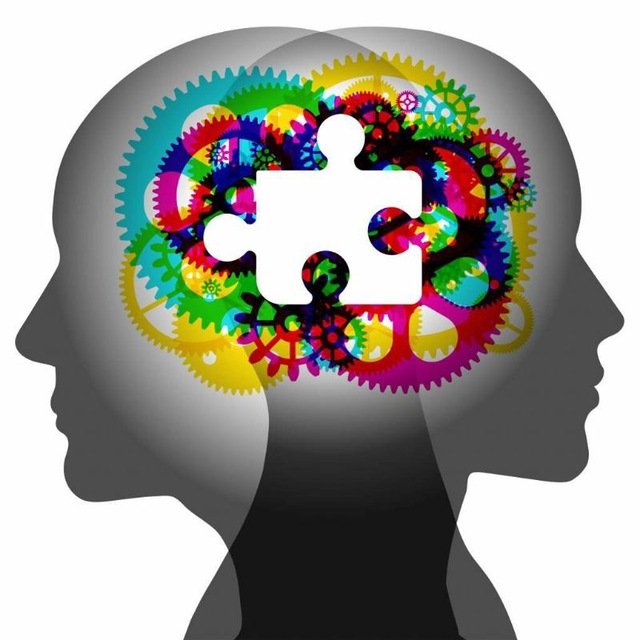 It is hard to be close and intimate with someone with a disordered personality. People with personality disorders cannot see the forest from the tree. These people have to win, have to be right, have to get their way. Their psychological inflexibility is constantly shining through in their words, thoughts, and opinions. A person with a personality disorder with have a history of problematic behaviors and traits, starting early in life, observed across many different situations, over a long period of time, with different people, that cause significant distress. As you can imagine, these are not the most likeable of people. Nevertheless, we all can have traits or behaviors of the psychologically inflexible from time to time. We can all work on bettering the way we function in life and in our relationships. Even if you a relatively healthy functioning individual, increasing your psychological flexibility will cultivate more peace and joy in your life and relationships. Below are some suggestions for growth.
It is hard to be close and intimate with someone with a disordered personality. People with personality disorders cannot see the forest from the tree. These people have to win, have to be right, have to get their way. Their psychological inflexibility is constantly shining through in their words, thoughts, and opinions. A person with a personality disorder with have a history of problematic behaviors and traits, starting early in life, observed across many different situations, over a long period of time, with different people, that cause significant distress. As you can imagine, these are not the most likeable of people. Nevertheless, we all can have traits or behaviors of the psychologically inflexible from time to time. We can all work on bettering the way we function in life and in our relationships. Even if you a relatively healthy functioning individual, increasing your psychological flexibility will cultivate more peace and joy in your life and relationships. Below are some suggestions for growth.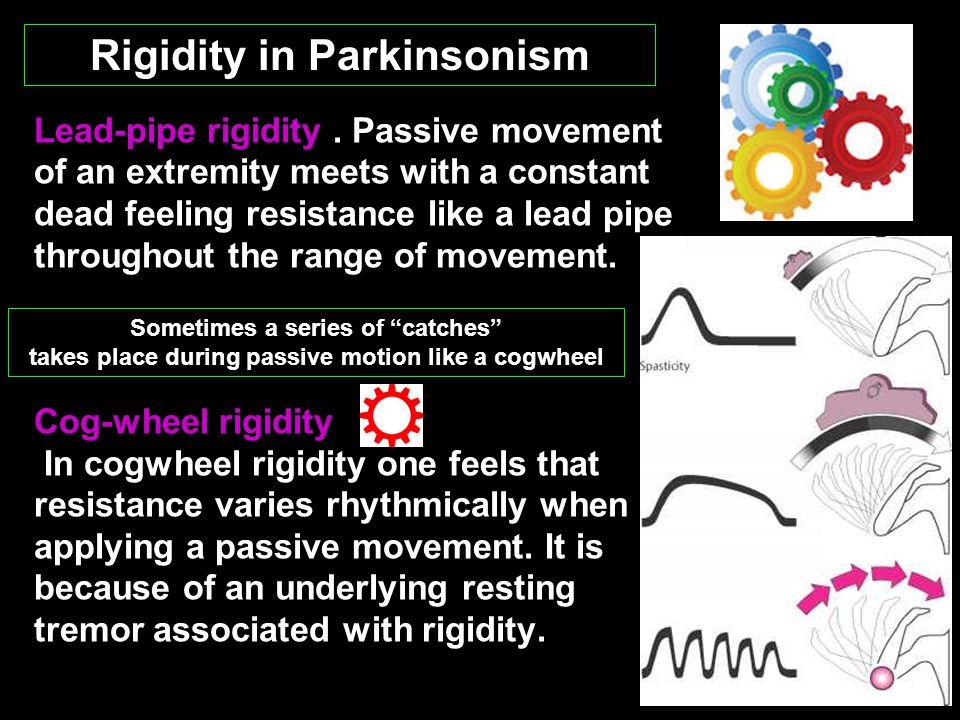
- Get out of your comfort zone. It will make you happier and more fulfilled. Happier, satisfied people tend to go with the flow of life. When I think of the word rigid I do not think of “happiness.” In order to get comfortable with being uncomfortable, you need to first step out of your comfort zone. The less you need life to be a certain way, the happier you will be. In turn, the happier and healthier your relationships will be.
- Exercise. This one is self-explanatory.
- Learn and do something new. Inflexible people hate change of any sort. Routine is their friend. Travel to new places. Meet new people. Try new foods. Explore new hobbies. Don’t get trapped into the same monotonous routine.
- Meditate. I just wrote a post on the benefits of meditating and take yourself less seriously (ie being psychologically flexible). As a clinician, I find the most miserable clients are the most rigid and are literally STUCK (psychologically).
- See things as they are, but not worse than they are.
 Keep things in perspective. People with disordered personalities struggle to look at the big picture.
Keep things in perspective. People with disordered personalities struggle to look at the big picture. - Keep your mind stimulated every day.
- Seek counseling.
Just remember, psychological flexibility is at the heart (and in the head) of good mental health and resilience for all of us. And mental health is JUST as important as physical health.If you enjoyed this article and are interested in seeking counseling with me:https://www.psychologytoday.com/us/therapists/erin-doyle-theodorou-nutley-nj/243617 Erin Doyle Theodorou, M.Ed, LPC, NCC
THEODOROU THERAPY, LLC
590 Franklin Ave. Suite 2 Nutley, NJ 07110 973-963-7485 [email protected]
Like this:
Like Loading...
Tagged counseling, psychology, self esteemWhen your way of thinking keeps you from growing
Albert Einstein said that: “the mind that opens up to a new idea never returns to its original size”.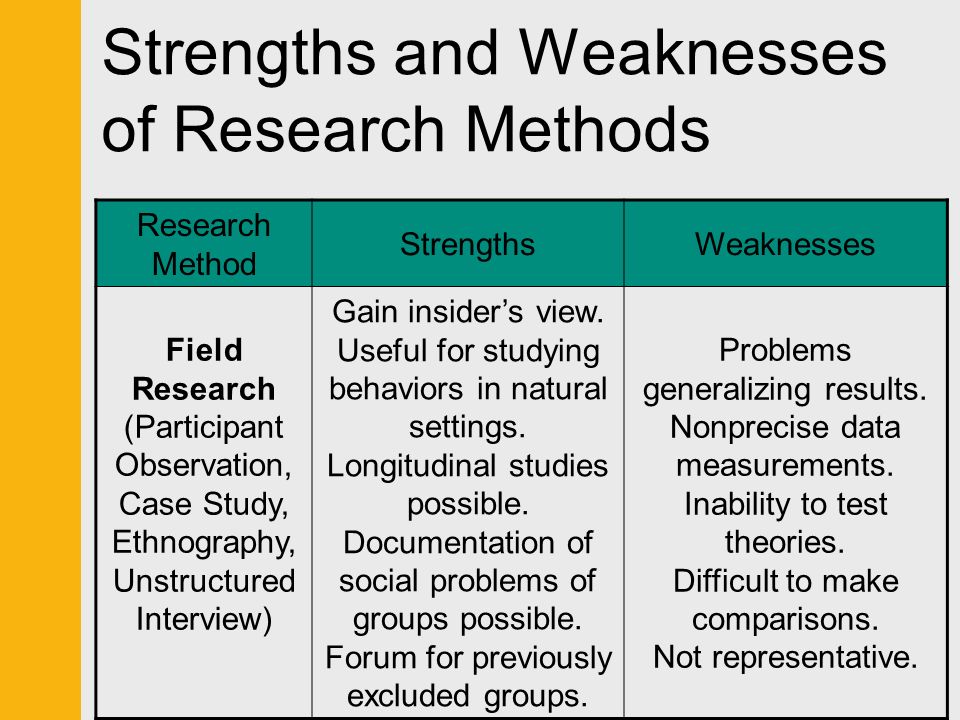 However, opening the mind is a complicated exercise, much more than we’re willing to admit.
However, opening the mind is a complicated exercise, much more than we’re willing to admit.
In fact, mental rigidity begins to be built from birth. Each learning not only opens new doors but also closes others. As we grow up and form our own picture of the world, we fill ourselves with stereotypes, beliefs and prejudices very difficult to be removed. However, mental rigidity does not refer only to ideas, but above all, to the way of thinking.
Mental rigidity turns us into prisoners, decrease our adaptability, creativity, spontaneity and positivity. We remain tied to old patterns that keep us from growing intellectually and emotionally.
In fact, people who are mentally rigid are those that:
– Think there is only one “right way” of doing things.
– Assume that their perspective is the only correct and that the rest is wrong.
– Are not open to change because are scared of it.
– Cling to the past and refuse to move on.
But if anything characterizes people with mental rigidity is the desire to be right at all costs. They do not realize this wish is extremely damaging, because the chance of being wrong and make mistakes is actually our main tool for learning and growing.
They do not realize this wish is extremely damaging, because the chance of being wrong and make mistakes is actually our main tool for learning and growing.
We can’t grow, we can’t assimilate new knowledge, either at intellectual or emotional level, if we don’t realize that what we knew or thought before was wrong, or at least insufficient. Being wrong becomes then a kind of liberation, while mental rigidity and the desire to be right only hide the fear of what would happen if we were freer, if we dare to admit our mistakes and go beyond.
In fact, one of the main characteristics of people who have certain mental flexibility, is precisely to be able to realize that wrong decisions are not “bad decisions”, because ultimately, any decision is good if followed by another decision we can take advantage of. Mental flexibility is precisely knowing that any decision we take always open up before us a world of possibilities. Therefore, mental flexibility means be willing to make mistakes, don’t be afraid of errors and be willing to embrace and try to understand new things or points of view different from ours.
The person, who develops a very rigid way of thinking, is somehow protecting himself. In fact, mental rigidity can also be understood as psychological resistance. At certain point, when an idea is against your way of thinking, you experience a strange and confusing feeling that paralyzes you and makes you close up to different reasons.
Therefore many people simply reject the argument, without analyzing it. However, the good news is when that happens is because something inside perceives that there’s a problem, something that must be resolved, but the process is painful. In fact, in many cases, realizing that something you have blindly believed for years isn’t true, or at least not completely, can be extremely painful and give way to an existential crisis.
How to open up your mind?The good news is mental flexibility is a skill that can be developed and learned.
1.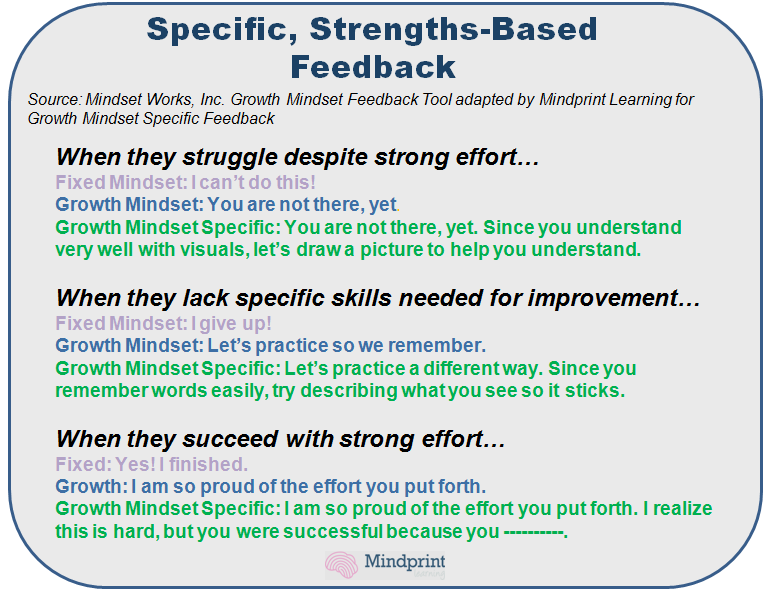 Focus on your emotions. When you’re tempted to outright reject an idea, have a look at how you feel. If you feel uncomfortable with what you’re hearing it is likely that tightness in your way of thinking hides an unconscious resistance. Ask yourself what you’re afraid of. If you answer honestly, you’ll notice many interesting things. In fact, the more fear you feel, the more resistance is reinforced.
Focus on your emotions. When you’re tempted to outright reject an idea, have a look at how you feel. If you feel uncomfortable with what you’re hearing it is likely that tightness in your way of thinking hides an unconscious resistance. Ask yourself what you’re afraid of. If you answer honestly, you’ll notice many interesting things. In fact, the more fear you feel, the more resistance is reinforced.
2. Feed the desire to grow. Curiosity remains one of the most powerful tools we have at our disposal to grow as people. Instead of simply accepting the ideas, ask yourself why. When you start to question everything you’ve always taken for granted, not only you’ll find new answers but also discover a new world, much larger than the one you knew before.
3. Develop empathy. In some cases, you probably do not agree with the ideas, ways of thinking and attitudes of others. However, instead of rejecting them outright, try to put yourself in place of the other person to understand where these ideas come from.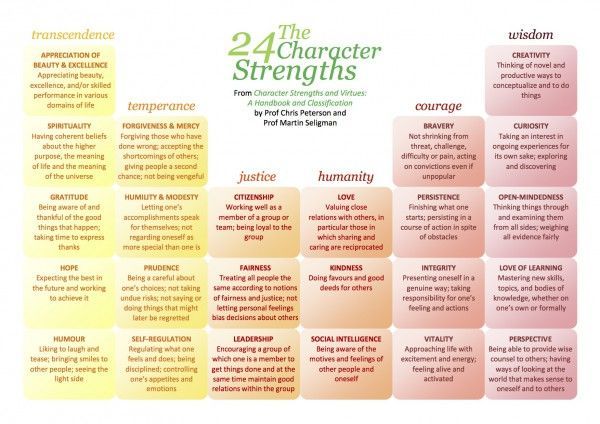 If you reject what you don’t know or like, you’ll remain the same person as before, but if you try to understand the others, you will be moved a step further, you’ll be grown a bit.
If you reject what you don’t know or like, you’ll remain the same person as before, but if you try to understand the others, you will be moved a step further, you’ll be grown a bit.
4. Embrace mistakes. Have some mental flexibility means not to be afraid of mistakes, it means be willing to seize new opportunities, even if this means doing mistakes. It means understanding life as a continuous learning, where every mistake is not a step back but a step toward our evolution, because it allows us get rid of old patterns and archaic ways of doing things.
5. Don’t search for the absolute truth. The most important premise to get rid of mental rigidity consists in avoid seeking for absolute truth, simply because it doesn’t exist. Every time we assume an absolute truth we stop searching in that direction and, therefore, we begin to die a little every day in that area. So, it is important hold on not only to one way of seeing things and keeps an open mind.
Rigidity (Hard) | What is Rigidity (Hard)
Rigidity (Hard) as a quality of a person - the ability to put forward clear requirements and achieve their unconditional fulfillment, to punish for the slightest mistake.
Rigidity is harshness without love. Rigidity is the third component in the chain of qualities: severity - severity - rigidity - cruelty - sadism - fanaticism. Severity is filled with love and manifests itself with it at the same time. Severity represents the ability to find a balance between love and devotion to duty. In rigidity, only loyalty to the established rules, a sense of duty remained. Having lost love, she immediately acquired new vicious "friends". In virtue society, her presence has become out of place, though she occasionally visits and associates closely with the virtue group. In a word, the nature of rigidity depends on whose manifested personality trait it is - for a vicious person it turns into a serious personal flaw, for a decent person - into dignity.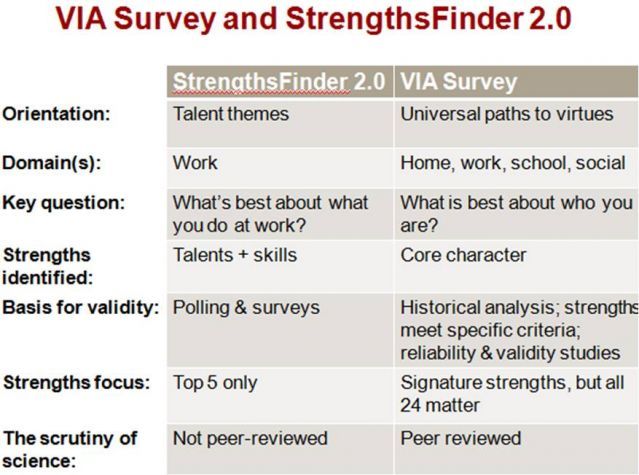
There are situations in life when severity and severity do not work, and there is nothing left but to resort to the services of rigidity. A friend of the battalion commander, and even a countryman, chickened out during the attack, shot himself in the hand and remained in the trench. Alexander Beck describes this episode in his novel Volokolamsk Highway. In the battalion commander there was a fierce struggle between severity and rigidity, but the latter outweighed: “I repeated the command: “For a coward, a traitor to the Motherland, a violator of an oath ... separation ... fire! Judge me! Once my father, a nomad, was bitten in the desert by a poisonous spider. My father was alone among the sands, there was no one nearby except a camel. The venom of this spider is deadly. The father pulled out a knife and cut out a piece of meat from his own body where the spider had bitten him. So now I did the same - I cut a piece out of my own body with a knife. I am human. Everything human screamed in me: “Don’t, have pity, forgive me!” But I didn't forgive.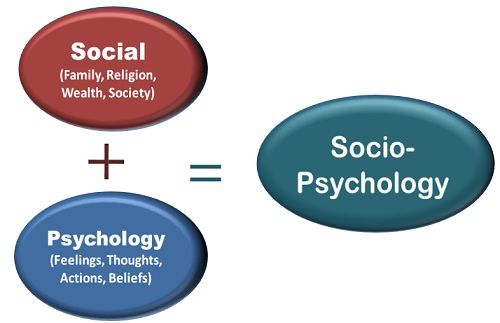 I am the commander, father. I killed my son, but hundreds of sons stood before me. I had to impress with blood in the souls: there is no mercy for the traitor and there will be no mercy! I wanted every fighter to know: if you chicken out, change, you will not be forgiven, no matter how much you want to forgive.
I am the commander, father. I killed my son, but hundreds of sons stood before me. I had to impress with blood in the souls: there is no mercy for the traitor and there will be no mercy! I wanted every fighter to know: if you chicken out, change, you will not be forgiven, no matter how much you want to forgive.
When you need to restore order and discipline, immediately stop indecent actions, stiffness is accepted for the matter. Rigidity is inappropriate if the person was not aware of the requirements that he was obliged to fulfill, if the possible consequences were not specified, or the requirements themselves are inadequate, unrealistic to fulfill.
Rigidity is perceived by people as a forced necessity if they see that the person himself lives by the same rules and follows the same principles that he strictly requires others to follow. In this scenario, rigidity will be respected. In the film "An Optimistic Tragedy", a woman was sent to the ship by the command to the post of commissar. The rebellious sailor-rapist goes to her and gets a bullet in the stomach: "Who else wants a commissar's body?" There were no applicants. Time passed, the sailors became convinced that toughness lives by the same rules as they do, fights bravely in the same ranks with them and began to respect it. If a person “pretends to be in Madrid”, demands discipline from others, while he himself drinks and leads a riotous lifestyle, his rigidity will cause insubordination and resistance. In other words, the right to rigidity must be earned by personal responsibility, impeccability, organization and discipline. Rigidity towards others begins with rigidity towards oneself. Otherwise, she will not be successful.
The rebellious sailor-rapist goes to her and gets a bullet in the stomach: "Who else wants a commissar's body?" There were no applicants. Time passed, the sailors became convinced that toughness lives by the same rules as they do, fights bravely in the same ranks with them and began to respect it. If a person “pretends to be in Madrid”, demands discipline from others, while he himself drinks and leads a riotous lifestyle, his rigidity will cause insubordination and resistance. In other words, the right to rigidity must be earned by personal responsibility, impeccability, organization and discipline. Rigidity towards others begins with rigidity towards oneself. Otherwise, she will not be successful.
Cosa Nostra made some forms of violence a principle: - Never force your subordinates to do something you don't understand or don't want to do. This suggests that if you are a leader, then show how to act by example. Who can blame you after that? A man is nothing without his word.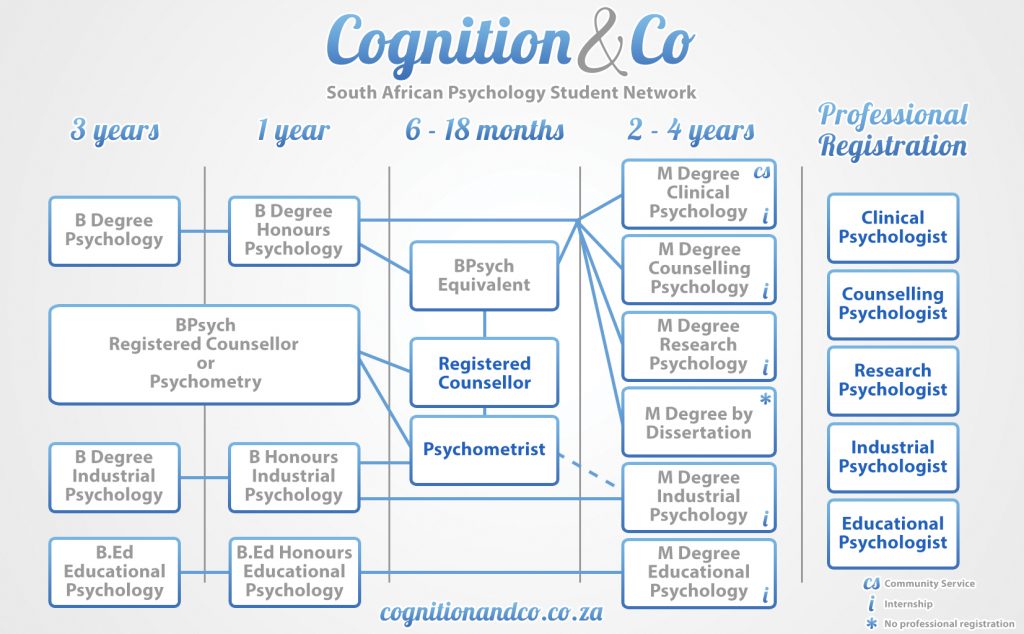 Your word must be like a rock. Always keep your promises (never promise, I know your inner clowns urge you to make a promise). A minute of disbelief in you of another person is a minute of his removal from you.
Your word must be like a rock. Always keep your promises (never promise, I know your inner clowns urge you to make a promise). A minute of disbelief in you of another person is a minute of his removal from you.
A person with shown rigidity, as a rule, is self-confident and is able to do actions that are incredible in terms of their strength and scale. Being an excellent leader and a leader you want to follow, he will definitely lead people to the intended goal. Possessing the constancy of nature, he will lead and bring to a victorious end any task entrusted to him.
When it comes to toughness, the image of the marshal of victory - G.K. Zhukov - rises before your eyes. On critical days for Leningrad, when no one believed in its ability to resist the armadas of the enemy, Stalin sent Zhukov to the city. Zhukov's rigidity has always manifested itself in conjunction with determination, iron will, uncompromisingness and ruthlessness. Realizing that the fate of the country depends on his actions, Zhukov harshly made it clear that the idea of surrendering the city was criminal. Having stopped the idle talk of endless meetings and meetings, he quickly and without delay took up the defense of the city. “With the arrival of Zhukov,” recalled Air Chief Marshal A.A. Novikov, - we felt somehow more confident, calmer, and the work went more cheerful, clearer, more organized ... And it would seem that nothing special happened under Zhukov, the nature of our defense just changed - it became more effective. Perhaps they would have done the same without him. The situation would still force. But if this had happened later, less firmly and purposefully, without such rigidity and courage as Zhukov’s, the proper result would not have affected as quickly as it was then required.0003 .
Having stopped the idle talk of endless meetings and meetings, he quickly and without delay took up the defense of the city. “With the arrival of Zhukov,” recalled Air Chief Marshal A.A. Novikov, - we felt somehow more confident, calmer, and the work went more cheerful, clearer, more organized ... And it would seem that nothing special happened under Zhukov, the nature of our defense just changed - it became more effective. Perhaps they would have done the same without him. The situation would still force. But if this had happened later, less firmly and purposefully, without such rigidity and courage as Zhukov’s, the proper result would not have affected as quickly as it was then required.0003 .
The toughness of the commander, who sets the fighters on the attack by personal example, becomes the highest law for them. In the same “Volokolamskoye Highway”, the battalion commander is fighting for the village with superior enemy forces: “Nearby, someone screamed, wailed: “Oh, oh, death! Oh, oh! .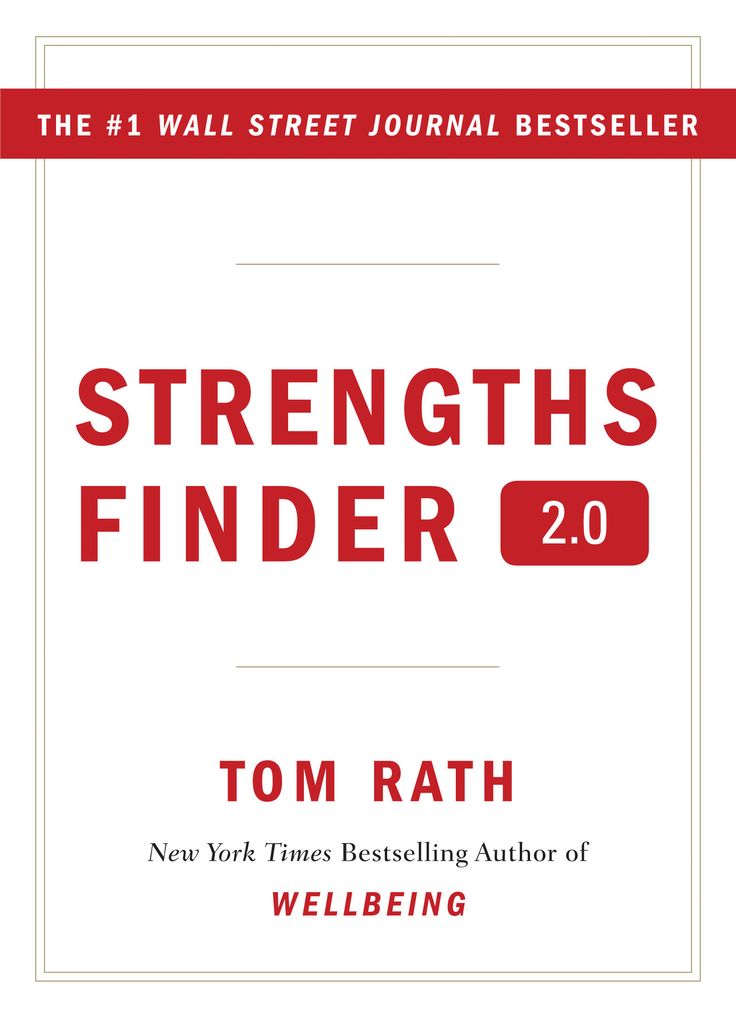 . The suffering cry tugged at the nerves, carried away courage. It seemed to everyone: now the same thing will happen to me, now a bullet will hit me, blood will splatter from my body, I will scream with a death cry. Yes, I too shuddered from these terrible sobs: a cold crept from my stomach to my throat, depriving me of strength, taking away my will. I looked to where the screams were coming from. There he is, wounded, reclining in the snow, without a hat; fresh blood smeared across the face; it flows from the chin to the overcoat. What terrible white eyes he has: the eye orbits have expanded, the protein has become unusually large. And the Germans are moving... They are moving confidently, quickly, standing tall, cracking their machine guns on the move, which seem to be equipped with long fiery points that reach us - this is how tracer bullets continuously flying out look like. And the wounded still screams. I ran up to him. I saw a face covered in blood, red wet hands. - Lie down! Be quiet! - Oh.
. The suffering cry tugged at the nerves, carried away courage. It seemed to everyone: now the same thing will happen to me, now a bullet will hit me, blood will splatter from my body, I will scream with a death cry. Yes, I too shuddered from these terrible sobs: a cold crept from my stomach to my throat, depriving me of strength, taking away my will. I looked to where the screams were coming from. There he is, wounded, reclining in the snow, without a hat; fresh blood smeared across the face; it flows from the chin to the overcoat. What terrible white eyes he has: the eye orbits have expanded, the protein has become unusually large. And the Germans are moving... They are moving confidently, quickly, standing tall, cracking their machine guns on the move, which seem to be equipped with long fiery points that reach us - this is how tracer bullets continuously flying out look like. And the wounded still screams. I ran up to him. I saw a face covered in blood, red wet hands. - Lie down! Be quiet! - Oh.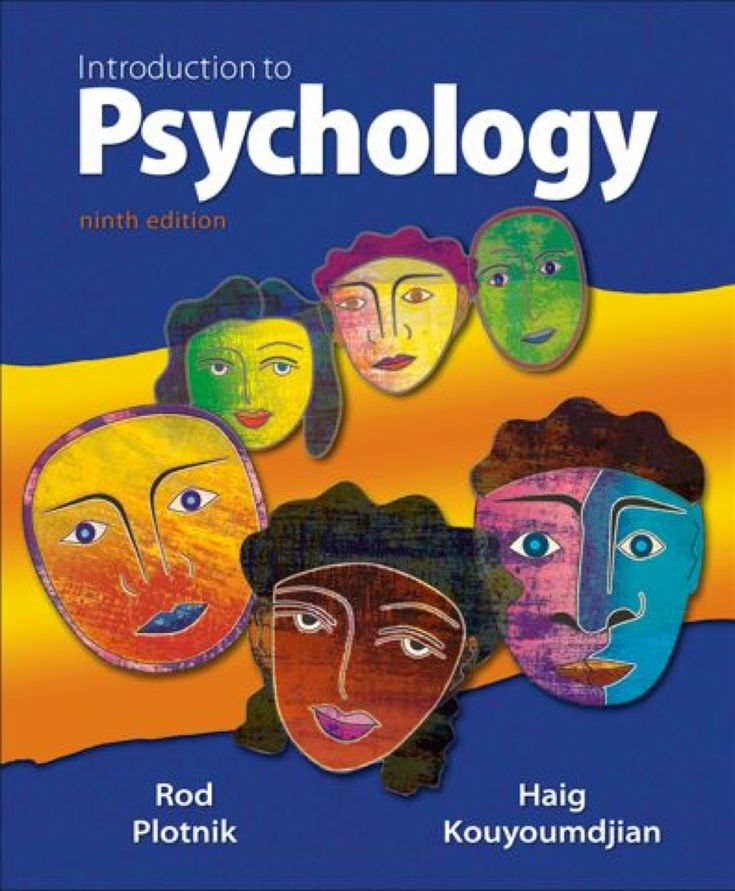 .. - Shut up! Gnaw a rag, gnaw an overcoat if it hurts you, but be silent. And he - an honest soldier - fell silent.
.. - Shut up! Gnaw a rag, gnaw an overcoat if it hurts you, but be silent. And he - an honest soldier - fell silent.
Petr Kovalev
Other articles of the author: https://www.podskazki.info/karta-statej/
The main questions of life. Why are people so cruel to each other?
- Simon McCarthy-Jones
- Associate Professor of Clinical Psychology and Neuropsychology
Sign up for our Context Newsletter to help you sort things out.
Image copyright Getty Images
Inflicting pain on someone who is unable to retaliate may seem like unacceptable cruelty, but this happens much more often than one might think.
Our colleagues at BBC Future continue their "Life's Big Questions" series with The Conversation. Another such question was asked by Ruth from London:
Why do some people act cruelly towards those who pose no danger to them - sometimes even towards their own children? Where does this behavior come from and what purpose does it serve? - Ruth, 45, London.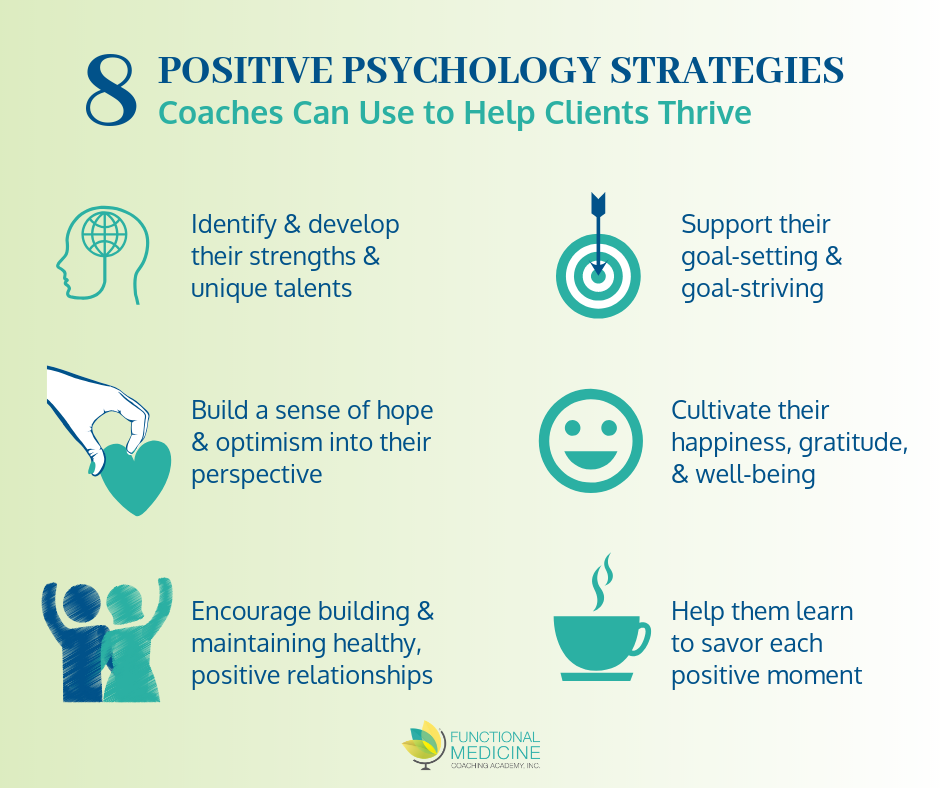
Answered by Simon McCarthy-Jones, Associate Professor of Clinical Psychology and Neuropsychology at Trinity College Dublin, Ireland.
---
"What a chimera is man, what a center of contradictions, what a monster! Judge of all things - and at the same time an earthly worm; a witness of truth - and at the same time a cesspool of ignorance and delusion; pride of the universe - and at the same time, its last dregs,” wrote Blaise Pascal, the eminent French philosopher and mathematician, in 1658.
Little has changed since Pascal's time. We love, we hate, we help, we harm. We reach out and we stick a knife in the back. We understand when someone snaps back in an attempt to protect themselves. But when someone hurts someone completely harmless, we ask the question: "How could he?!"
- The main questions of life. Is love just a fleeting chemical reaction in your brain?
- To die with joy.
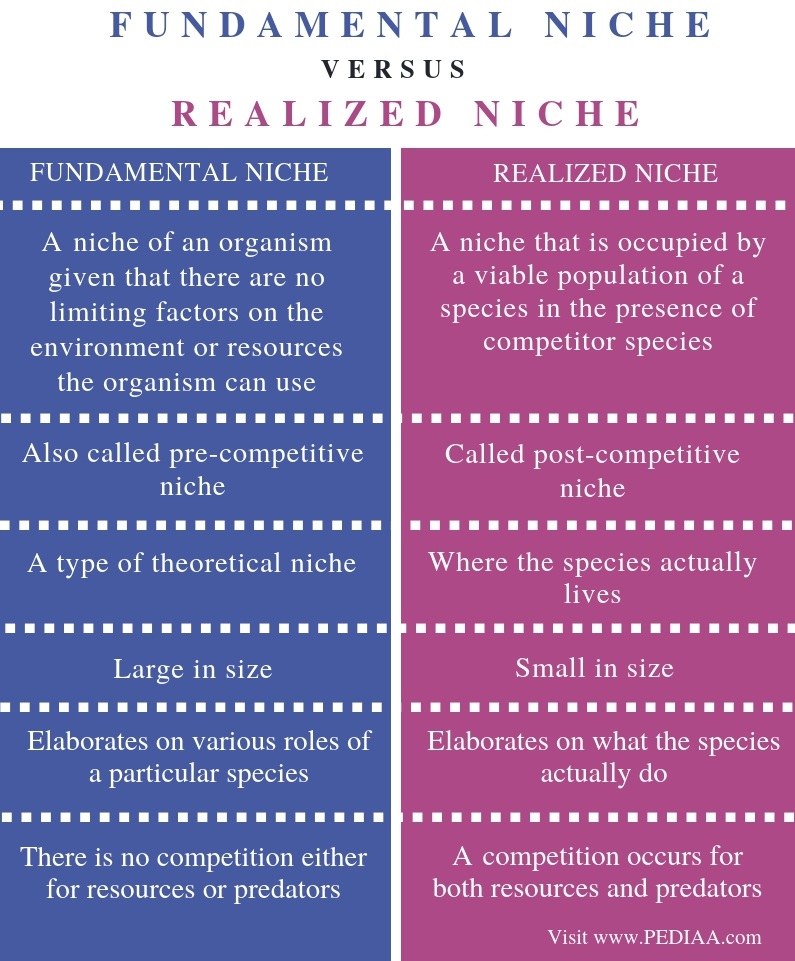 Can our final moments bring bliss?
Can our final moments bring bliss? - "That's what rules are for, to break them"? What would it be like to live in a world without rules
Skip the Podcast and continue reading.
Podcast
What was that?
We quickly, simply and clearly explain what happened, why it's important and what's next.
episodes
End of Story Podcast
People tend to do things that bring them pleasure or help them avoid suffering. Inflicting pain on another person causes most of us to feel their pain. And we don't like that feeling.
From this we can assume that there are two reasons why people make the defenseless suffer: they either do not feel the pain of others, or they feel, but it brings them pleasure.
There is another reason: even in the most harmless person, another can see a hidden threat to himself.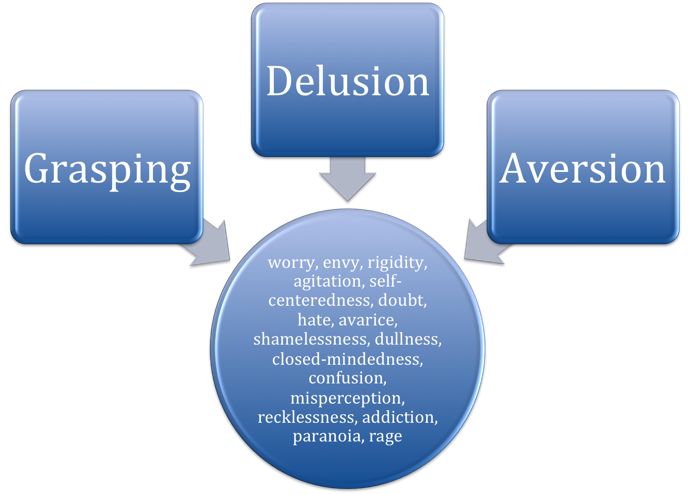 Someone who doesn't pose a threat to your body or wallet can threaten your social status. This helps to explain the seemingly inexplicable actions of those who harm those who help them—financially, for example.
Someone who doesn't pose a threat to your body or wallet can threaten your social status. This helps to explain the seemingly inexplicable actions of those who harm those who help them—financially, for example.
In today's liberal society, it is commonly believed that by making others suffer, we harm them. However, some philosophers reject this idea. (For example, Friedrich Nietzsche wrote in his book "Evil Wisdom": "The cruelty of an insensitive person is the opposite of compassion; the cruelty of a sensitive person is a higher potency of compassion.")
But can we understand and accept cruelty "for the sake of compassion" in the 21st century?
Sadists and psychopaths
Anyone who takes pleasure in humiliating another and inflicting pain on another is a sadist. Sadists feel the pain of another person more than others and enjoy it - at least as long as this pain lasts. After that, they may feel bad.
In the public mind, sadism is associated with murderers and executioners, those who torture. However, there is a much less extreme, but much more common type of sadism - everyday sadism.
However, there is a much less extreme, but much more common type of sadism - everyday sadism.
Image copyright, Getty Images
Image caption,Most of us would refrain from deliberately inflicting pain on another person, primarily because by injuring others, we partly share their pain
Domestic sadists enjoy inflicting pain on others or watching how they suffer. Usually they like violent films, they are delighted with fights, they are interested in torture. There are few such people - but not so much that they are not noticed. About 6% of the students surveyed admitted that they enjoy inflicting pain on others.
Domestic sadism can take the form of Internet trolling or bullying of a classmate. Domestic sadists are drawn to playing computer games full of violence. And in online role-playing computer games, such people are usually "griefers" - pests, dirty tricks that spoil the gameplay for others without any benefit to themselves.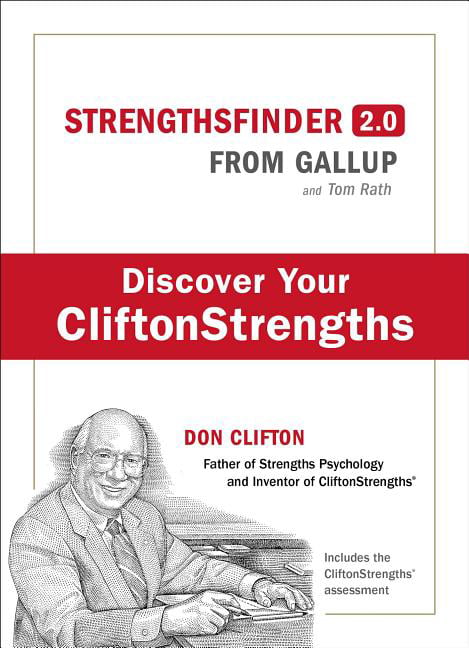
Unlike sadists, psychopaths cause suffering to others not because they enjoy it (although they can get it), but because they want something. If inflicting pain on another will help achieve the goal, then so be it.
- How responsibility and diligence bring out the worst in a person
- How negative emotions make us insensitive to other people's pain
- The more stupid, the more self-confident
Psychopaths do this because they are less likely to feel pity, remorse or fear. They may understand how others feel at the same time, but it does not touch them.
And this is a very dangerous set of qualities. For thousands of years, mankind has tamed itself. As a result, many of us find it difficult to hurt another person. For those who torture or kill, memories of this haunt them all their lives. Yet psychopathy is a powerful predictor of future unprovoked violence.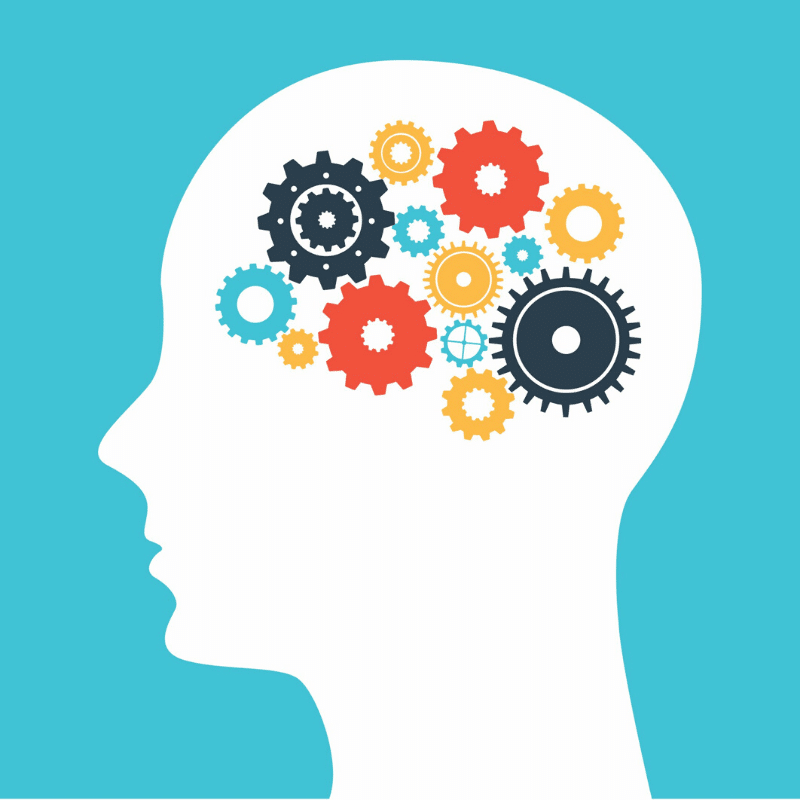
Image copyright, Getty Images
Image caption,Some scientists believe that having sadistic traits helps people to gain influence, to break through to power
We need to be aware when we encounter a psychopath. This conclusion can be drawn by observing the facial expression of a person or having a short conversation with him.
Unfortunately, psychopaths know this and try very hard to disguise themselves, to make a good first impression on you.
- Light triad and "daily holiness" - what is it and why study it?
- Psychopaths are capable of empathy
Fortunately, most people do not have psychopathic character traits. Only 0.5% can be recognized as psychopaths. At the same time, among prisoners there are about 8% of men and 2% of women.
But not all psychopaths are dangerous. Antisocial psychopaths may seek the thrill of drugs or dangerous activities.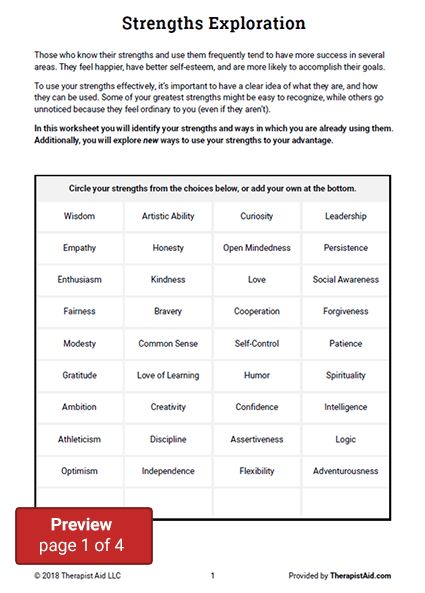 Prosocial psychopaths can act in the best interest of society, enjoying the pursuit of new ideas.
Prosocial psychopaths can act in the best interest of society, enjoying the pursuit of new ideas.
Just as inventions and innovations change our society, prosocial psychopaths can change the world for all of us. Both for the better and for the worse.
Where do these character traits come from?
No one really knows why some people are sadists. Some believe that sadism developed as a reaction to the need to kill animals while hunting. Others believe that it helps people achieve influence, break through to power. Neuroscience suggests that sadism may have been a survival tactic in times of trouble.
When certain foods are scarce, the levels of the neurotransmitter serotonin, the “hormone of happiness,” in our body drops. This makes us more inclined to want to harm others because it becomes more enjoyable.
Image copyright, Getty Images
Image caption, There are "softer" forms of sadism that give people the cheap pleasure of watching someone in a vulnerable position.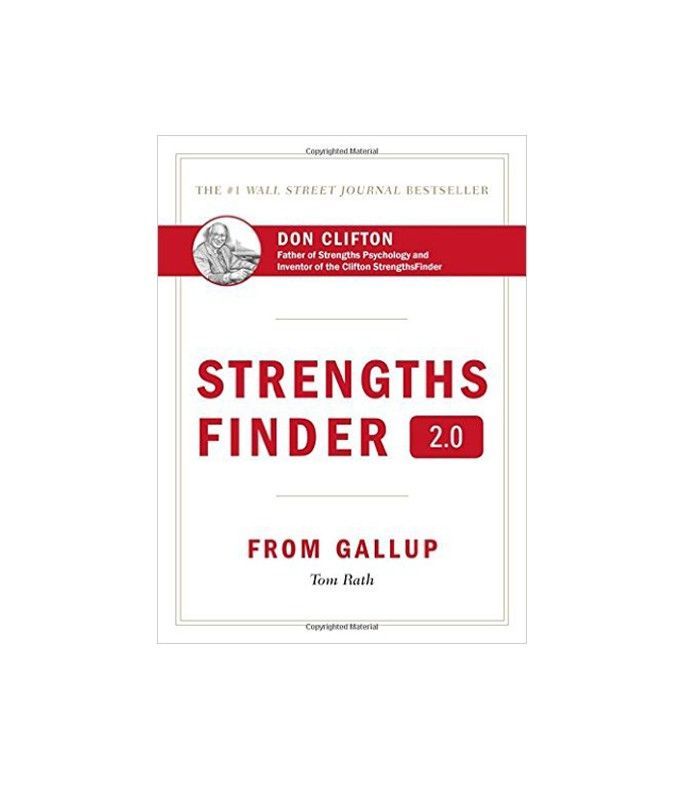
Psychopathy can also be opportunism. A number of studies have associated higher levels of psychopathy with greater fertility (although the opposite has also been found). The reason for this may be that psychopaths have a reproductive advantage in aggressive environments.
Indeed, psychopathy flourishes in an unstable world of fierce competition. The abilities of psychopaths make them skilled manipulators. Impulsivity and lack of fear help them take risks and achieve short-term goals.
The fact that psychopathy is alive and thriving in the modern world can also be explained by its connection with creativity.
Eric Weinstein, a mathematician and economist who applies the theoretical achievements of mathematical physics to traditional economics, argues that in general people with a difficult character are the engine of progress.
However, when the environment is conducive to creative thinking, the benefits of psychopaths are no longer so obvious.
Sadism and psychopathy are usually closely related to other character traits - narcissism and Machiavellianism. These aspects of the human personality have a common denominator - the so-called D-factor, the "dark triad" factor.
- People of the "dark triad": is it easier to build a career for the heartless?
- Scientists: narcissists - "terrible people, but happy"?
The hereditary component in these traits can be either moderate or strong. Some people are born that way. Or parents who have high D-factor levels can pass on these traits to their children by being rude in the family.
It is clear that observing how others behave can teach us to behave in the same way. So each of us has a role to play in the fight against cruelty.
Fear and dehumanization
It is often said that it is possible to be cruel by dehumanizing other people, depriving them of human qualities.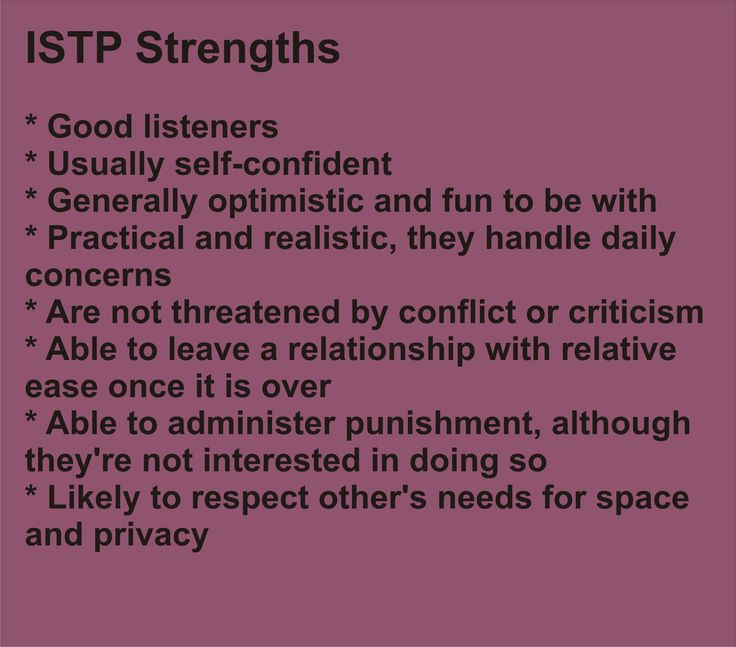 Potential victims are called dogs, cockroaches, lice, so that later it would be easier to infringe on them, to hurt them.
Potential victims are called dogs, cockroaches, lice, so that later it would be easier to infringe on them, to hurt them.
This makes some sense. Research shows that when someone breaks societal norms, our brains paint their face as less human. This makes it easier for us to punish those who break the code of conduct.
Of course, it is nice to think that if we see someone as a person, then we will not harm him. But this is a dangerous delusion.
Psychologist Paul Bloom believes that our most cruel acts are not based on the dehumanization of others. People can hurt others precisely because they see them as human beings who do not want to endure pain and humiliation.
Image copyright, Getty Images
Image caption,During the Holocaust, the Nazis killed millions in concentration camps
For example, the Nazis dehumanized the Jews, calling them parasites and classifying them as an inferior race.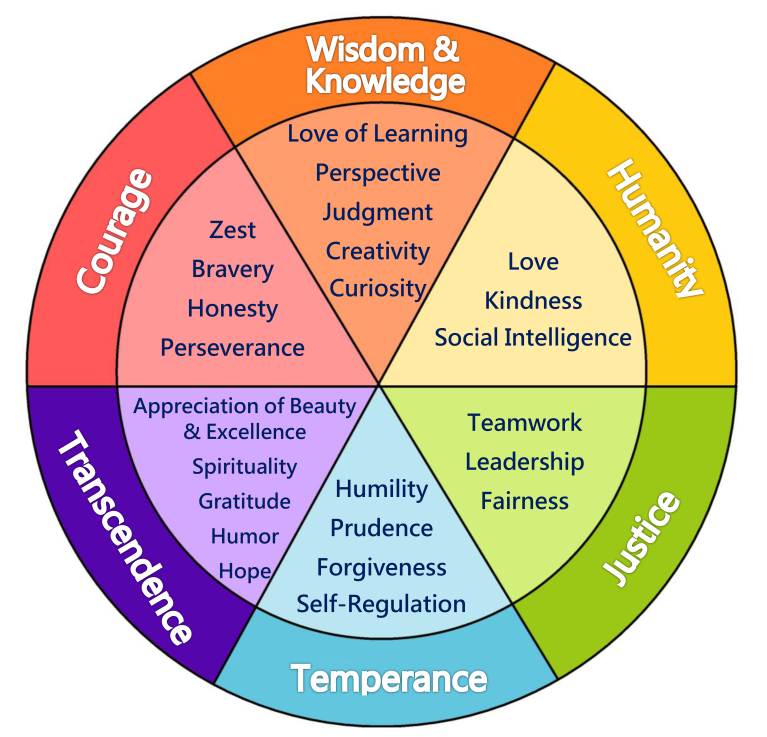 However, the Jews were humiliated, tortured and killed precisely because they were seen as living people who could be made to suffer.
However, the Jews were humiliated, tortured and killed precisely because they were seen as living people who could be made to suffer.
Belittling a benefactor
Sometimes people harm even those who help them, including financially, although at first glance such actions do not make any sense. Why hurt someone who does you good?
- Why do vegans inspire irrational hatred?
- "My husband's lie about having cancer took years of my life"
This phenomenon is known as "belittling benefactor" and is found all over the world.
"Benefactoring the benefactor" exists because we tend to oppose domination, in whatever form it manifests itself - in the form of help "from the master's shoulder" or in the form of a categorical know-it-all on the UN platform.
The best is the enemy of the good, says the popular expression attributed to Voltaire.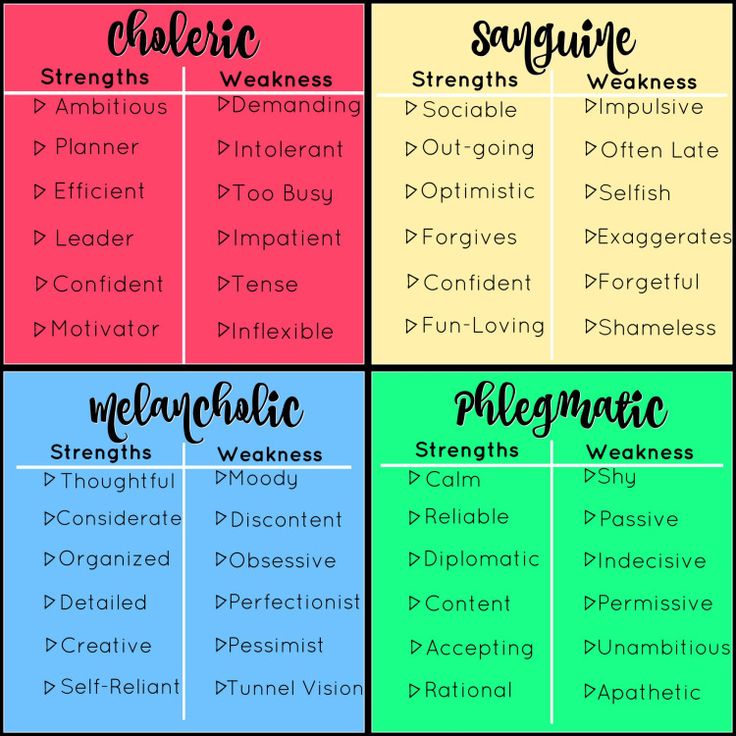 In addition, there is one hidden positive side to belittling a benefactor. After we dethrone a benefactor from his pedestal, we are more likely to listen to what he has to say.
In addition, there is one hidden positive side to belittling a benefactor. After we dethrone a benefactor from his pedestal, we are more likely to listen to what he has to say.
For example, one study found that when people are allowed to say they don't like vegetarians, they subsequently become less supportive of meat-eating.
Execution, crucifixion, or simply harsh criticism of the evangelist may ultimately help his words find new listeners and supporters.
Cruelty for Good
In Whiplash ( Rev. ), a jazz band leader brutalizes his apprentice drummer in order to encourage him to achieve a high level of drumming skill. percussion. Through psychological stress, he tries to reveal talent, to give a chance to achieve real greatness.
Such a tactic might disgust us. However, the German philosopher Friedrich Nietzsche believed that we have an undeservedly great disgust for such cruelty.
Photo copyright, Getty Images
Photo caption,The history of mankind is darkened by violence and cruelty against those who bring the good news
From Nietzsche's point of view, the teacher is cruel to the student for his own good. People can also be cruel to themselves in order to become what they want to become.
Nietzsche believed that the experience of cruelty can help develop courage, fortitude, fortitude and creativity.
Are we ready to develop good qualities in ourselves and others through suffering?
Probably not. We already know the potentially devastating consequences of experiencing abuse from others, including on physical and mental health, and we are increasingly recognizing the benefits of treating ourselves with compassion.
And the very idea that we have to suffer in order to develop raises more and more questions. Positive events in life - falling in love, having children, achieving a cherished goal - may well lead to personal development.